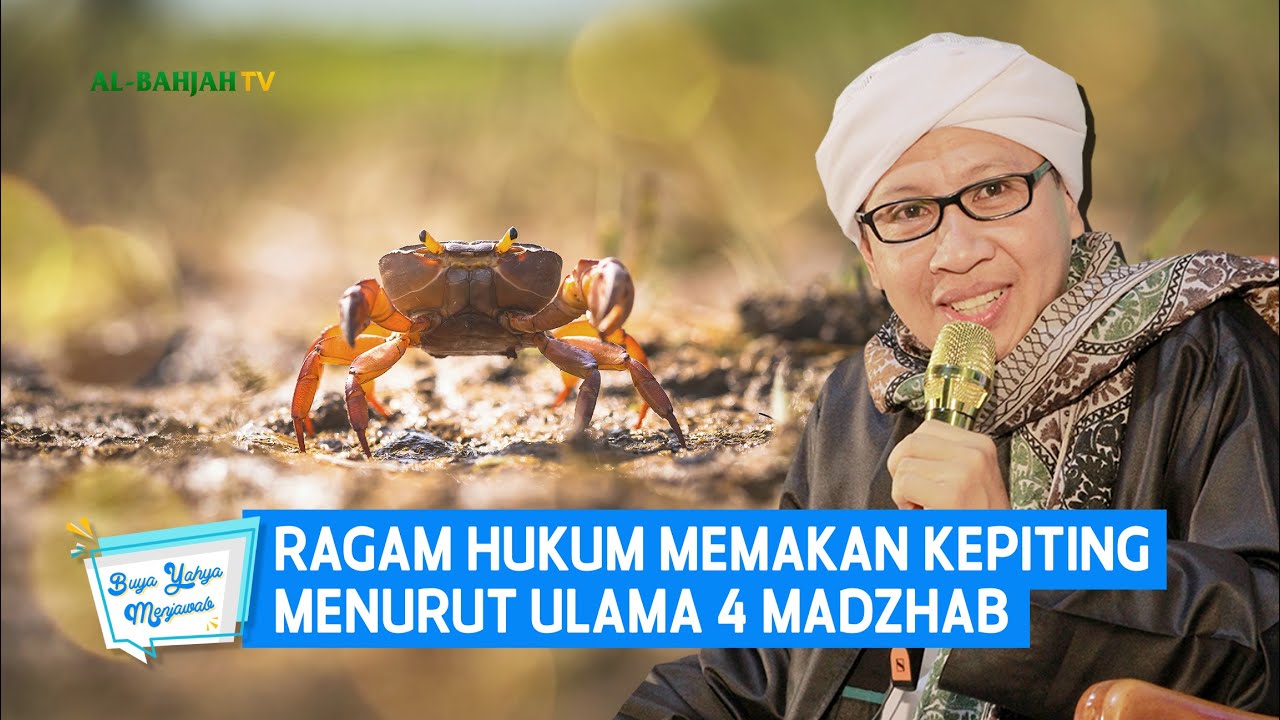Hukum anak kecil melakukan zina, DOSAKAH??
Summary
TLDRThe video introduces a new Islamic Q&A program from Nurul Ahmad Channel, focusing on religious issues. The hosts discuss the importance of ritual purity (wudu) in Islam, explaining why certain body parts are washed during the process. They also address a question about whether parents bear the sins of their children, concluding that each person is responsible for their own actions. However, parents must guide their children properly to avoid negligence. The session ends with a reminder to practice taqwa (God-consciousness) and strive for righteousness within the family.
Takeaways
- 🕌 The video features a new Islamic Q&A program aimed at answering general and personal questions related to Islam.
- 🧕 The speakers discuss wudhu (ritual ablution), emphasizing its importance for the validity of prayer.
- 🔍 One explanation given for the specific parts of the body washed during wudhu is their involvement in actions leading to mistakes or sins, such as looking, walking, or handling forbidden things.
- 💧 The video highlights two interpretations of wudhu: it can be understood logically, or it can be viewed as an act of worship purely for obedience to Allah.
- 💭 A philosophical question about wudhu is raised: Why cleanse body parts when the impurity (e.g., passing gas) comes from a different part of the body? The answer lies in differentiating between ritual impurity (hadas) and physical impurity (najis).
- 👶 The speakers discuss the case of a child committing a sin, particularly addressing whether the child's sin is counted or if the parents are responsible.
- ❌ They clarify that children who haven't reached puberty (baligh) are not accountable for sins, but the responsibility of educating and guiding the child falls on the parents.
- 📚 The conversation emphasizes that parents who fail to properly educate their children in Islamic values may be held accountable for their child's actions due to lack of proper upbringing.
- 👨👩👧 The concept that everyone is a 'shepherd' responsible for their 'flock' is explored, particularly focusing on the responsibility parents have for their children.
- 🛡️ The discussion ends by encouraging self-reflection, advising parents to lead by example in fostering taqwa (piety) in themselves and their families.
Q & A
What is the purpose of the 'Tawas' program mentioned in the video?
-The 'Tawas' program is a Q&A session focused on answering questions about Islamic teachings. The goal is to clarify various religious matters for the viewers, whether they pertain to general or personal issues.
Why is wudu (ablution) important in Islam?
-Wudu is important because it is a prerequisite for performing salah (prayer). Without proper purification through wudu, salah is considered invalid.
What are the main body parts washed during wudu, and why?
-The main body parts washed during wudu are the face, hands up to the elbows, part of the head, and feet. This is rooted in the idea that these parts are the most frequently used in committing sins or mistakes, as discussed in Islamic teachings.
Why are certain body parts washed during wudu, while others are not?
-The body parts washed during wudu, such as the face and hands, are symbolically cleansed because they are the parts most involved in actions, like looking or touching, that could lead to sin. The ritual is also based on religious tradition (ta'abbudi), and not every action has a logical explanation.
Does Islamic jurisprudence differentiate between 'hadas' (ritual impurity) and 'najis' (physical impurity)?
-Yes, 'hadas' refers to a state of ritual impurity, which requires purification like wudu. 'Najis' refers to physical impurities that must be removed, but they do not necessarily require wudu to be purified.
Why doesn’t passing gas, which is an invisible impurity, involve cleaning the area where it occurred?
-Passing gas breaks wudu because it results in a state of ritual impurity, not because it leaves a physical impurity. Thus, the focus is on renewing the wudu, not cleaning the body.
What is the Islamic perspective on the sins of children who have not reached the age of maturity (baligh)?
-Children who have not reached the age of maturity (baligh) are not held accountable for their sins in Islam. Their actions are not considered sinful, as they are not yet obliged to follow Islamic laws.
Can a parent be held accountable for the sins of their child?
-No, in Islamic jurisprudence, every individual is responsible for their own sins. However, parents may be held accountable for failing to properly educate or guide their children in a way that prevents sinful behavior.
What does 'quanfusakum wa ahlikum naro' mean in relation to parenting?
-'Quanfusakum wa ahlikum naro' means 'protect yourself and your family from the fire.' It emphasizes the responsibility of parents to ensure their family is guided toward righteousness and away from sin.
What advice does the video offer to parents regarding their children’s religious education?
-The video advises parents to lead by example and actively educate their children in Islamic teachings. A strong emphasis is placed on personal responsibility and modeling good behavior, as children are influenced by their parents’ actions.
Outlines

This section is available to paid users only. Please upgrade to access this part.
Upgrade NowMindmap

This section is available to paid users only. Please upgrade to access this part.
Upgrade NowKeywords

This section is available to paid users only. Please upgrade to access this part.
Upgrade NowHighlights

This section is available to paid users only. Please upgrade to access this part.
Upgrade NowTranscripts

This section is available to paid users only. Please upgrade to access this part.
Upgrade NowBrowse More Related Video

MATERI PAI KELAS XI | BAB 10 | PERADABAN ISLAM PADA MASA MODERN

mengagumkan biografi lengkap pengarang taqrib || abu syuja

Lentera Ramadhan 2.0 Episode 2

Ragam Hukum Memakan Kepiting Menurut Ulama 4 Madzhab | Buya Yahya Menjawab

The Problem of Radical Islam in France - VisualPolitik EN

HISTORIMU EPS 6 : SEJARAH BERDIRINYA MUHAMMADIYAH
5.0 / 5 (0 votes)